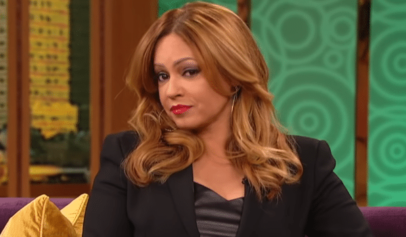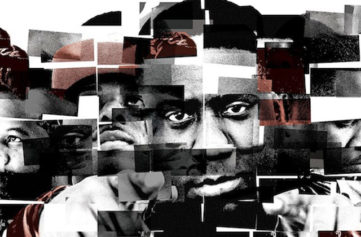Viacom and DirecTV have finally reached an agreement ending a nine-day blackout that removed channels like Nickelodeon, Comedy Central, MTV and other Viacom channels from the homes of DirecTV’s customers.
The carriage dispute between the two companies revolved around disagreements in licensing fees, according to a source close to negotiations, DirecTV reps said the media giant demanded a 30% increase in fees, but Viacom maintained it was only asking for a fair deal.
After negotiations fell apart, Viacom pulled their 26 channels from the satellite TV company, a move that reportedly affected over 20 million American homes.
However, viewers were not the only ones affected. Both companies suffered blows in the dispute, with Viacom seeing sharp ratings declines while DirecTV experienced subscription cancellations. Therefore, both sides were anxious to get the deal done, negotiating all day Thursday through to the early Friday morning hours, according to the source familiar with the situation.
Still, it was Viacom had to back off their initial fee demands. Financial terms were undisclosed, but DirecTV was able to get Viacom to back off the 30% increase in fees and settle for something much lower. The deal has a term of seven years.
In a statement Viacom expressed they were happy with the terms of the agreement saying, “Viacom is extremely pleased to bring its programming back to DirecTV subscribers, and thanks everyone affected by the disruption for their patience and understanding during this challenging period.”
On the other hand, DirectTV claimed an outright victory:
“The attention surrounding this unnecessary and ill-advised blackout by Viacom has accomplished one key thing: it serves notice to all media companies that bullying TV providers and their customers with blackouts won’t get them a better deal,” said Derek Chang, executive vice president of content strategy and development for DirecTV. “It’s high time programmers ended these anti-consumer blackouts once and for all and prove our industry is about enabling people to connect to their favorite programs rather than denying them access.”
Let us know who you think won this battle in the comment section below:

